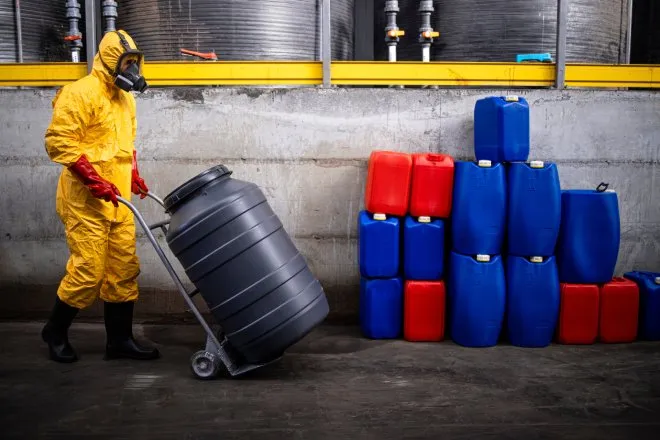
Must-Have Items in a Farmland Contract Agreement
©
Farmland contract agreements are the backbone of any successful and transparent land leasing arrangement. Whether you’re renting a small plot for crop cultivation or managing an expansive agricultural operation, a well-constructed agreement protects everyone involved and minimizes potential disputes. These are the must-have items in a farmland contract agreement that you should be looking for before and during the partnership.
Identify the Property and Parties With Precision
Every farmland contract must clearly specify the property involved and the identities of the parties entering into the agreement. Without precise details, misunderstandings can arise and create potential conflicts down the road.
The farmland description should include the physical address, acreage, and the specific boundaries that define the property. Maps, satellite imagery, or official plots add an extra layer of clarity.
Equally important is identifying each party by fully listing legal names, current addresses, and contact information. Whether the agreement is between relatives, business partners, or unknown parties, these details ensure accountability and prevent ambiguities during legal or operational discussions.
Set the Stage With Defined Terms
Undefined expectations often lead to mismanagement and unmet goals. The agreement should specify the lease’s duration, including exact start and end dates, as well as whether the contract will allow for renewal.
Payment terms are equally critical. These should clarify the rental amount, schedule of payments, and acceptable methods of transaction.
Insurance and Allocating Liability Coverage
One aspect of farmland contracts that often goes overlooked is insurance and liability coverage. Accidents, natural disasters, and damage to the property are all potential risks that could lead to disputes if not accounted for in advance.
The agreement should outline who is responsible for carrying insurance on the farmland and any specific coverage requirements. For instance, should the tenant provide crop insurance, liability protection for injuries, or both?
Insurance coverage is especially important for individuals leasing larger plots of land or engaging in higher-risk operations. Clearly delineating responsibilities provides peace of mind and demonstrates a professional understanding of agricultural risk management.
Resolve Disputes Before They Arise
Even with the most detailed and comprehensive agreements, unforeseen conflicts may emerge during the lease. Including a clause for dispute resolution is critical to avoid prolonged legal battles. Common methods include mediation or arbitration, where neutral third parties assist in reaching a resolution.
Common Farmland Contract Disputes
Some disputes are more common than others, including the following:
- Payment issues
- Product quality or delivery flaws
- Contract breaches
- Neighbor or boundary arguments
- Transfer of rights misunderstandings
Craft a Strong Agreement
A complete farmland contract agreement leaves no room for uncertainty. Whether you’re setting out to lease farmland or evaluating a farm management contract, taking the time to address every angle will build trust and foster successful partnerships. An agreement that lacks any of the primary elements, such as clear property identification or adequate liability coverage, could expose both parties to unnecessary risks.
If you’re unsure where to begin, working with an experienced legal advisor or industry expert will help you structure a contract that protects everyone involved. Take the next step confidently by securing a farmland contract agreement with these must-have items.
















